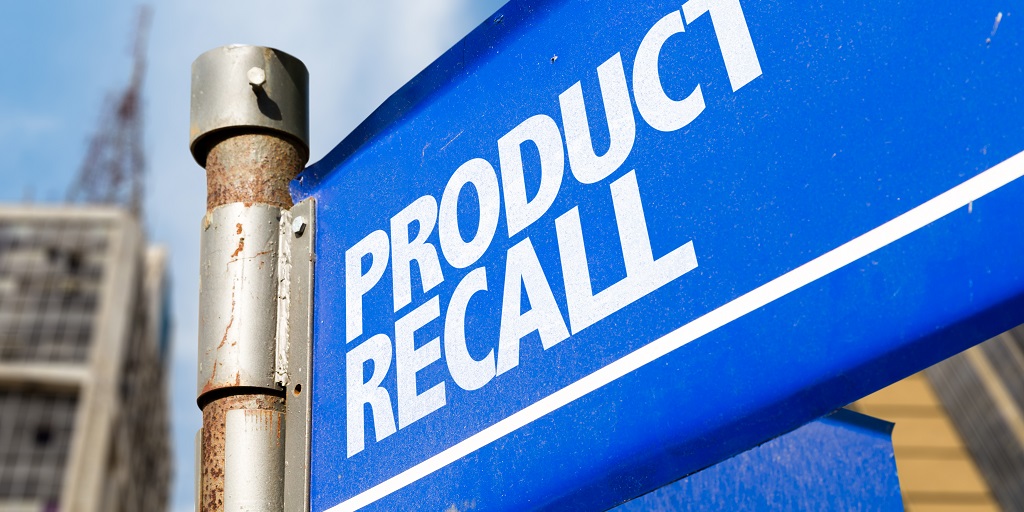
Sour beer recalled

Revel Brewing Co. has recalled its Pine Lime Sour Ale over risks of unintended secondary fermentation.
Its 375ml cans sold in a 4 pack and a 16-pack were available for sale at Vintage Cellars and independent liquor retailers in Craft Cartel in Queensland and New South Wales and online on the brewery’s website. It has a packaged date of 27/1/2022.
Revel founder and CEO Jay Neven said they are still investigating along with their laboratory partners to pinpoint the problem.
“[It] may be caused by prematurely chilled and packaged beer that is stored at warm temperatures for extended periods allowing the live yeast to referment any residual sugars in our unpasteurised beers,” he told Brews News.
“The referment process creates small amounts of additional abv and CO2 build-up which can cause leaking or in extreme cases, ruptured cans.
“In this instance, and subject to ongoing laboratory tests results, we have cause to believe there may have been some additional enzymic activity in the packaged beer as a result of the addition of fruit (pineapple) that has then broken down what are normally unfermentable sugars and converted them into fermentable sugars.
“This combined with the product being stored at warm temps for extended periods may have caused the yeast to referment.”
Sours and other mixed ferment beers can be particularly challenging for brewers.
“Most indie craft brewers pride themselves in producing fresh, unpasteurised, delicious beer and by that nature, has live yeast, which can make the product susceptible to these situations if not handled properly. We strongly recommend that all craft beer is stored cool in the fridge, and consumed shortly after purchase.”
Revel had a recall plan in place and contacted Queensland Health and Food Standards Australia & New Zealand immediately after realising there was an issue. The organisations then issued the official recall notice the next day.
Recalls are certainly not new to the brewing industry, with a number of brewers facing issues with packaged beer in the past year.
The brewery explained that there are thousands of variables that go into packaged products, and that it had learned from the experience.
It suggested that ensuring well-documented quality procedures with regards to dissolved and total packaged oxygen and abv are up to date is key.
Revel also suggested that storage of packaged beer can be an issue.
“[We’d advise that] ensuring the partners who sell your beer are aware of the volatile nature of non-pasteurized beer if left on warm shelves for extended periods of time and minimise this where practical – and also making conscious decisions where to sell particular styles of beer is key for each brewer to consider,” Neven said.
“[Also] ensuring regular sensory from a beer library that has warm and cold stored product to test the impacts of age over time on each unique beer to proactively manage faults.
“Overall, it appears in this situation, even after doing all the right things, sometimes things can just pop up. We are still investigating the enzymic activity in the packaged beer as a result of the addition of fruit (pineapple) that has then broken down what are normally unfermentable sugars and converted them into fermentable sugars.
“The outcomes of this investigation will definitely be a consideration in the limited release beers we produce in the future.”
Consumers should not drink or open this product and should dispose of it safely and should contact Revel Brewing Co for safe disposal instructions and to arrange for reimbursement on 07 3899 5470 or https://revelbrewingco.com.au/pages/contact-us.



